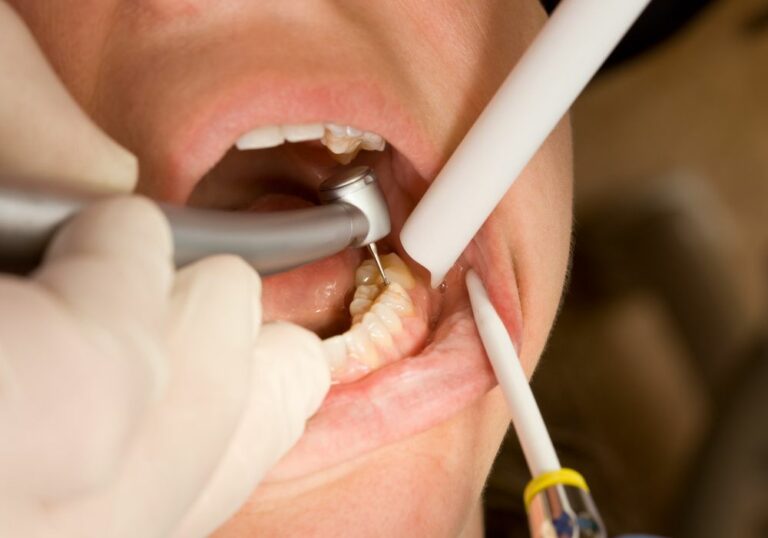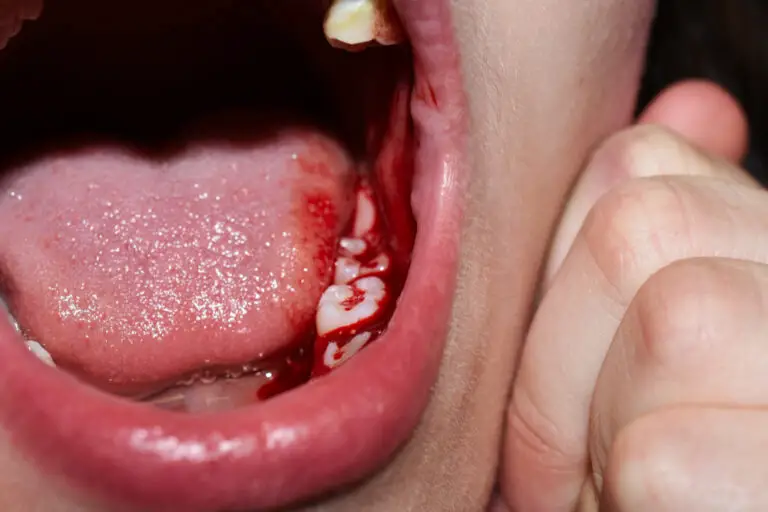While maintaining oral health is very important, each visit to a dentist takes a significant toll on our finances. People who have no dental benefits and are short on cash may find themselves in a particularly vulnerable position, as they need to worry about money or postpone their appointment.
Luckily, there are some ways to get free dental services or get low-cost assistance. Let’s find out what options you have if you need dental work but have no money and explore some proven ways to cover dental costs.
What Is the Average Cost of Dental Treatment?
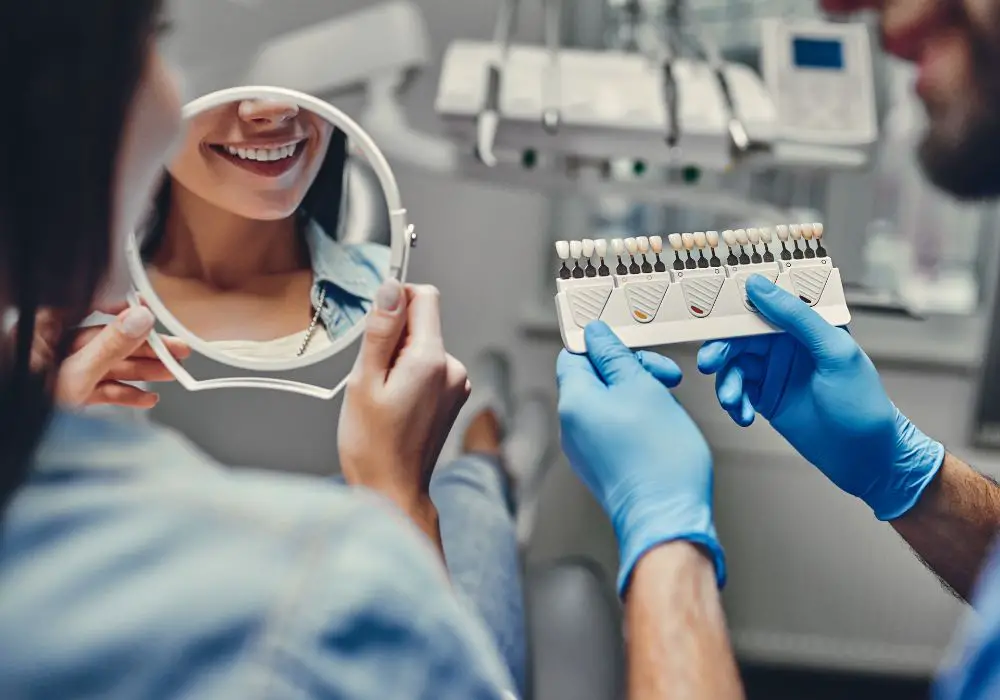
Statistics show that many Americans can’t afford dentist visits in the US and are forced to travel to Mexico, India, Costa Rica, and other countries to access dental services at a lower price. According to the “Dental Financing with Bad Credit. How to Cover Dental Expenses?” research, an average American spends about $2.560 on dental work. Another research conducted by the University of Illinois Chicago School of Dentistry says that almost 74 million Americans have no dental insurance and are forced to pay these costs out of pocket.
Below is the average cost of the most popular dental procedures provided by CareCredit:
| Dental Procedure | Average Cost |
| Check-up and cleaning | $75-$200 |
| Dental crowns | $500-$3,000 |
| Teeth whitening | $300-$1,000 |
| Root canals | $300-$2,000 |
| Dental implants | $3,000-$4,500 |
| Wisdom teeth removal | $75-$3,000 |
How to Pay for Dental Work with No Money: 10 Proven Options
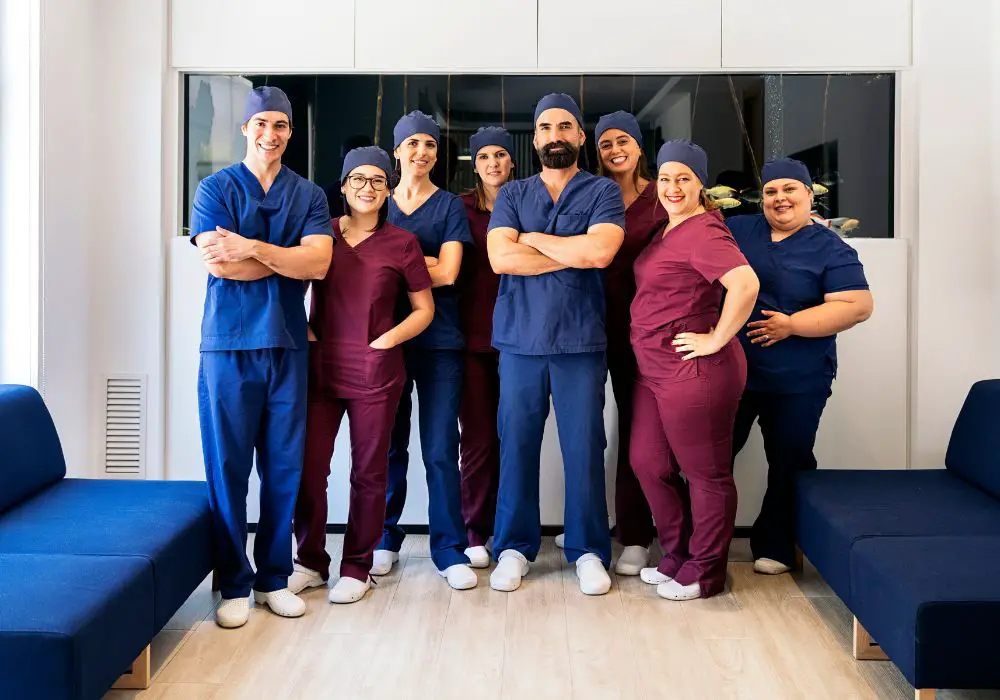
Even if you’re short on cash, delaying dental treatment is not a good idea. Explore a few smart ways to pay for dental work with no money.
Dental Schools
Unlike a dental clinic, a dental school offers affordable dental care available to low-income individuals and areas. The catch is that all the dental work there is done by dental students who practice their craft on real people. But don’t worry about the quality. Each student works under the supervision of a licensed professional dentist.
Dental schools can be a great option if you need some check-ups, teeth cleaning, or filling. However, they may not be your option if you need more difficult dental work, such as orthodontic treatment.
Government Assistance Programs
There are several government-backed programs that help eligible individuals cover the costs of dental work. They include Medicare, Medicaid, and the Children Health Insurance Program (CHIP).
Medicare
Medicare is a program designed for people at the age of 65 or older. It provides medical coverage for people with certain disabilities. However, the dental services you can access are limited to routine cleanings. Medicare can also cover other dental procedures, provided that you were in a hospital setting.
Medicaid
Medicaid is an assistance program for eligible children and adults. However, the list of procedures available under the program is much broader for kinds, and they are also most likely to qualify. Thus, children can get relief from pain and infections, restore teeth that have become damaged, and maintain dental health. At the same time, adults are most likely to get only emergency dental care.
CHIP
CHIP provides dental services for children under 18 who need medical insurance but can’t afford it. The list of services covered under CHIP may differ from state to state. However, most states provide children with free comprehensive dental care.
Donated Dental Services Initiative
The Donated Dental Services (DDS) initiative lends a helping hand to people who can’t qualify for federal aid but still can’t afford dental treatment on their own. It’s represented by a network of free dental clinics with volunteer dentists who help vulnerable individuals.
The initiative applies several requirements you need to meet to qualify. You need to be at the age of 65 or older, permanently disabled, or require medically necessary dental care you can’t afford. If so, you can get any dental work for free.
Community Health Centers
Community health centers are medical providers that strive to make healthcare affordable for needy people who don’t have health insurance. Such centers are usually run by professional doctors and offer a wide range of medical services, including dental care. Most community health centers use a sliding scale to determine how much a procedure will cost to you. Simply put, the price will depend on how much you can afford.
America’s Dentists Care Foundation, Missions of Mercy (ADCFMOM)
This foundation aims to make quality oral health care affordable and accessible to everyone. It offers various dental procedures at reduced or no cost. ADCFMOM collaborates with charity and non-profit organizations and benefits from the support of the companies that pursue the same goal. You can check the list of partner clinics on the foundation’s website.
Fundraising
Fundraising refers to a way to get money from other caring people. The money will be given to you in the form of a voluntary donation. Thus, it can be a great solution if you run out of options and need financial support in time of need. Keep in mind that there’s no shame in asking for help. You can host a fundraising event via GoFundMe or other specialized services.
Medical Loans
Medical loans are simply personal loans that people use toward their medical expenses when they don’t have health insurance, or their policies don’t provide dental coverage. These loans can be up to $100,000 and need to be repaid in equal monthly installments within 12 to 60 months.
Medical loans are lump-sum deposits you get on hand. You can use the funds to cover dental treatment costs and then split the entire sum into several monthly payments, making it easier to handle your medical expenses. However, it’s still a debt that needs to be repaid with interest. Therefore, you need to approach these options responsibly.
Medical Credit Cards
Medical credit cards work similarly to regular ones but can be used solely for medical expenses. Most cards offered on the market partner with multiple dental providers, so you can easily find a dental clinic that accepts this payment option. Some of them also offer various benefits, such as cash-back or certain interest-free periods.
Dental Savings Plans
Dental savings plans are also known as dental discount plans. They work a bit similarly to dental insurance but have some core differences. A dental savings plan requires you to pay an annual fee of about $150 in exchange for a 10% to 60% discount for dental procedures offered by a dentist from your plan’s network. The best part of it is that you can use the discounts within just a few days after you sign up.
Dental Insurance
It may seem obvious, but having dental coverage will help you save thousands of dollars on dental costs. The average cost of dental insurance ranges between $20 and $50 per month for an individual, depending on the coverage and your insurance company. Dental insurance for a family is usually cheaper and will cost you about $50 to $150 a month.
Who Can Help Me Fix My Teeth for Free?
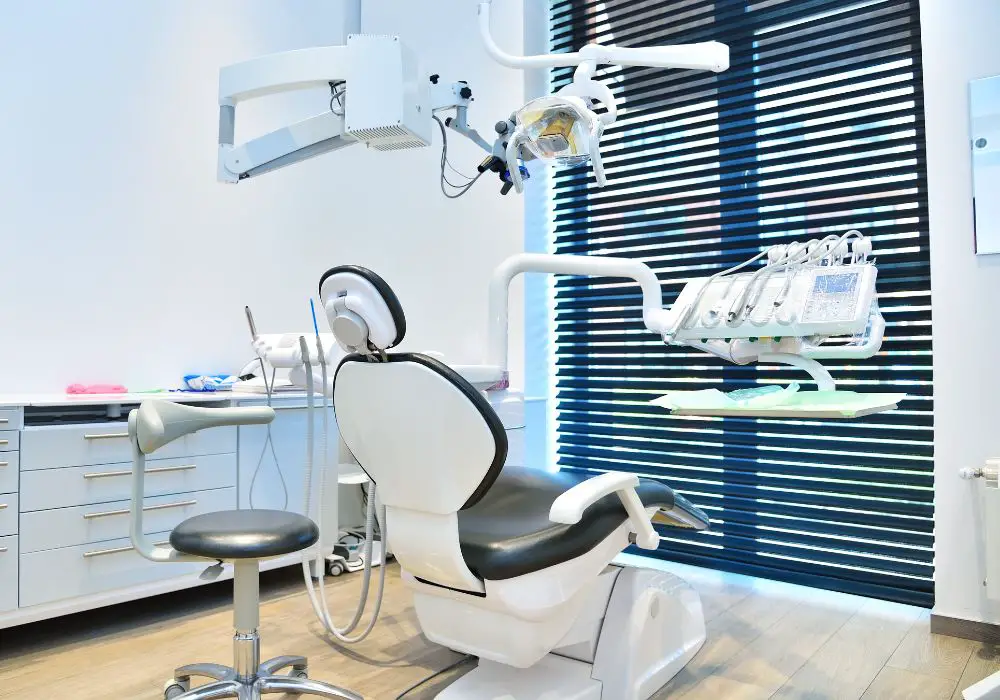
As we’ve already mentioned, there are several options for free or low-cost dental treatment. If you wonder where to start, contact your local charity organizations, check out whether you can qualify for government assistance, or turn to community dental centers supported by the Bureau of Primary Health Care. You can also find the State Health Insurance Program’s location and get free counseling and assistance with Medicare.
My Teeth Are Bad And I Have No Money. How Can I Get The Needed Amount?
Even if you have no money to treat your bad teeth, postponing a visit to a dental clinic can only make things worse. Consider the following options that will help you make more money for dental care:
- Find a side hustle. With the rise of the Internet and remote jobs, it becomes much easier to make money. You can even do this from the comfort of your home by spending just a few hours a week. Just find a job that corresponds to your skills. Websites like Upwork can help you get started;
- Sell unneeded items. There may be multiple things you don’t need anymore, but still store them in your house. Look around you and find the stuff you can sell to make a few extra hundred dollars. It can be anything, from electronics to books;
- Ask your family for help. Before going into debt or turning to third parties, ask your loved ones whether they can lend you the needed amount. You can also negotiate flexible repayment terms that will suit your budget.
Tips on Maintaining Your Teeth Health
There’s also a part you need to do to keep your teeth healthy. Here are a few good habits that will help you avoid frequent visits to dental clinics:
- Brush your teeth twice a day. Regular brushing protects your teeth from tartar and plaque, which is an excellent prevention of tooth decay and all the related problems. It’s recommended to buy a soft-bristled brush so as not to injure the gums. Brushing should take at least 2 minutes in total. Additionally, it’s important to floss your teeth to remove food debris that your brush might miss;
- Eat healthy. People who eat too much carbohydrate foods or have certain digestive tract diseases are more likely to face dental problems. Pay attention to your meal plan and add more foods with high nutritional value, such as vegetables and fresh fruits. Besides being enriched with vitamins, they also have high levels of calcium. You should also reduce your sugar intake to prevent tooth problems.
- Stop smoking. Smoking threatens your health in many ways. When it comes to dental care, smoking can lead to tooth decay, gum diseases, tooth loss, and even oral cancer. Smoking is also quite costly, so quitting it can help you free up money and use it to improve your oral health.
In Conclusion
Dental care is quite expensive in the US, but options for needy people still exist. Several services and foundations offer free or low-cost dental treatment for those who have no health insurance and are short on cash. You can also consider several ways to get a much-needed amount without turning to specialized institutions.
Just keep in mind that prevention is always the key. Make your oral health a priority and maintain your teeth health to avoid problems that can be prevented.



